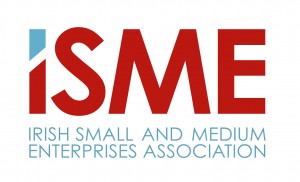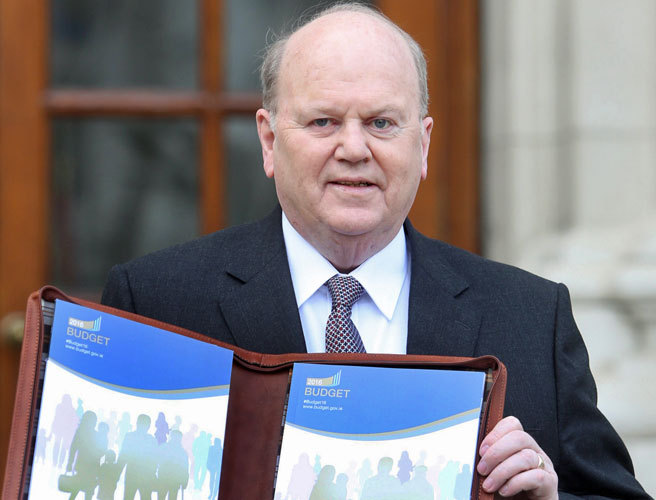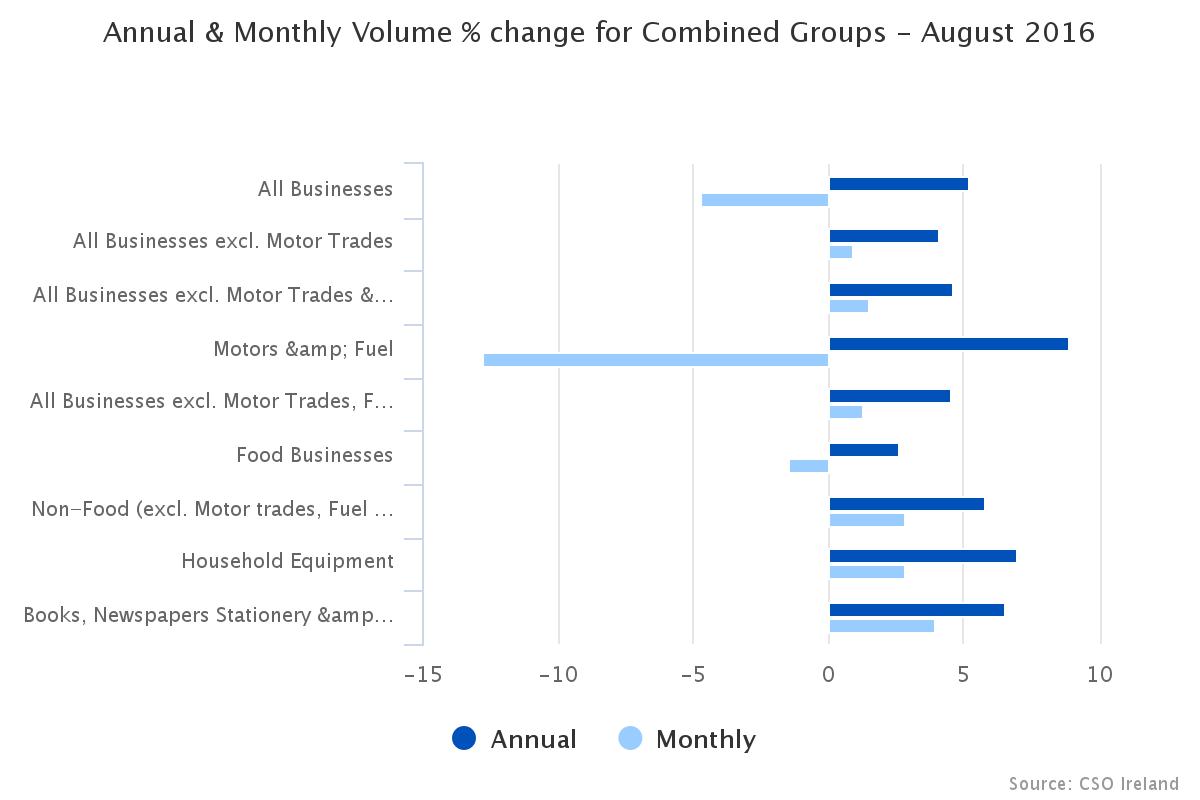 7 Ways the Budget will affect your SME
7 Ways the Budget will affect your SME
1. Earned Income Tax Credit for Self-employed and USC Changes
In last year’s Budget, the Minister introduced an Earned Income Tax Credit of €550 for small business owners who cannot benefit from the PAYE tax credit of €1,650 available to employees. The Minister announced an increase in this credit to €950 for 2017. The three lower USC rates have been reduced by 0.5%. Accordingly, all income earners will have a lower tax burden to varying degrees. The ceiling at which the 2.5% USC rate applies is increased to €18,772 – this ensures that a full-time worker on the minimum wage will remain outside the top rates of USC.
2. Minimum Wage
The higher cost to employers arising from the increase in the hourly minimum wage from €9.15 to €9.25 will take effect from 1st January 2017.
3. Entrepreneur relief
The standard rate of capital gains tax remains at 33%. However, the Minister announced a reduction to 10% in the capital gains tax rate that applies to disposals by Entrepreneurs of qualifying assets. Entrepreneur relief offers the reduced rate of capital gains tax on the disposal by an individual of business assets up to a lifetime limit of chargeable gains of €1 million. The Minister is to review this lifetime limit in future budgets.
To qualify for the relief, the business assets which include shares in a company must have been owned by the individual for a continuous period of at least three years in the five years immediately prior to the date of disposal.
 4. Share-based remuneration
4. Share-based remuneration
Following a public consultation and review of share-based remuneration earlier this year, the Minister announced the intention to develop a new, SME, focussed share-based incentive scheme which is to be introduced in next year’s Budget.
5. Retailers and Tourism
The reduced 9% VAT rate for tourism and related activities will continue to apply. The Minister noted that the reduced rate will act as a buffer for the sector against the weakness in sterling which increases the cost of holidaying in Ireland for British tourists.
6. SMEs in the Construction and Property Sector
The Minister introduced a new ‘Help to Buy Scheme’ for first time buyers of new houses that take out a mortgage of at least 80% of the purchase price. This scheme will provide a rebate of income tax paid over the previous four years. The rebate is subject to a maximum of 5% of the purchase price of a new home up to a value of €400,000. New houses with a cost between €400,000 and €600,000 will also qualify for the scheme but the rebate is calculated at the €400,000 limit. No rebate will be paid on new house purchases in excess of €600,000. The rebate does not apply to the purchase of second hand houses.
The Home Renovation Incentive will be extended for a further two years to 31 December 2018. This measure provides income tax relief to home owners who undertake qualifying renovation works which cost a minimum of €4,405 (excluding VAT). The relief is payable over the two years following the year in which the work is carried out and equals 13.5% of the qualifying expenditure.
Landlords are entitled to deduct 75% of interest incurred on qualifying loans when computing the rental income subject to income tax. The Budget provides for an increase in the deduction to 80% of the interest incurred on qualifying loans. The deduction will be increased by 5% each year over the coming years until a 100% deduction for interest is restored.
Mortgage interest relief is to be extended beyond 2017 to 2020. Details of the extension will be set out in Budget 2018.
7. Farming
Income averaging regime allows a farmer’s taxable income to be averaged out over a five year period. A farmer facing an exceptionally poor year may “step out” of income averaging and instead pay income tax on current year income with any deferred tax liability becoming payable over subsequent years.
The flat-rate addition for farmers not registered for VAT is being increased from 5.2% to 5.4% with effect from 1st January 2017. This scheme compensates unregistered farmers for VAT incurred on costs related to their farming activities.
Farm restructuring relief provides capital gains tax relief on the sale, purchase or exchange or agricultural land. The Minister announced an extension of the relevant period for this relief to 31st December 2019.
Content Source: www.isme.ie
Picture of Michael Noonan: www.newstalk.ie




